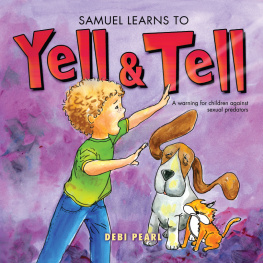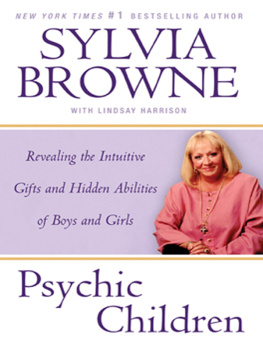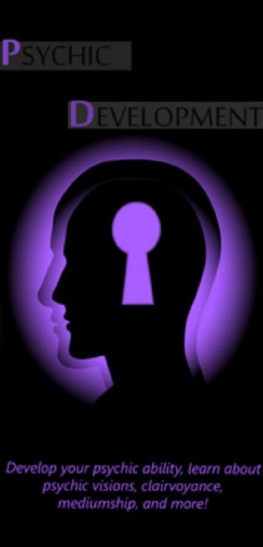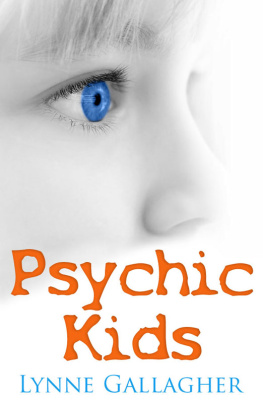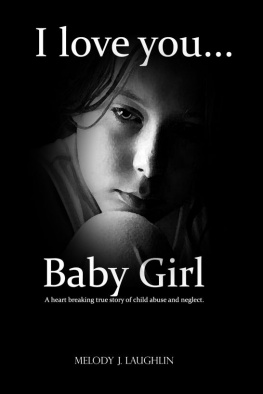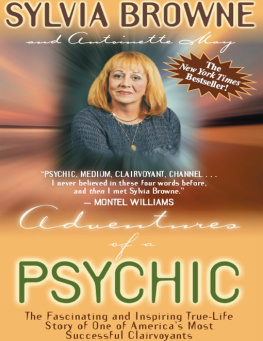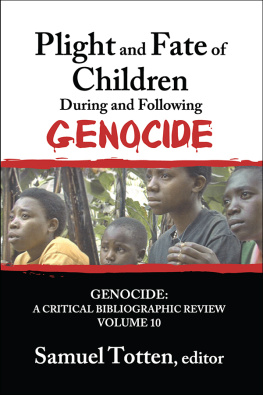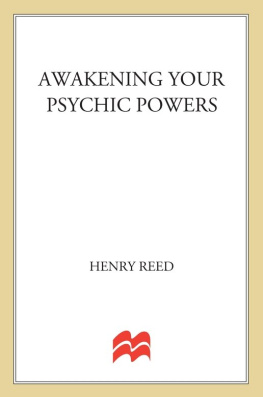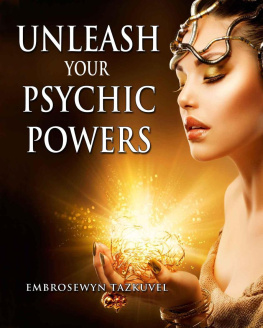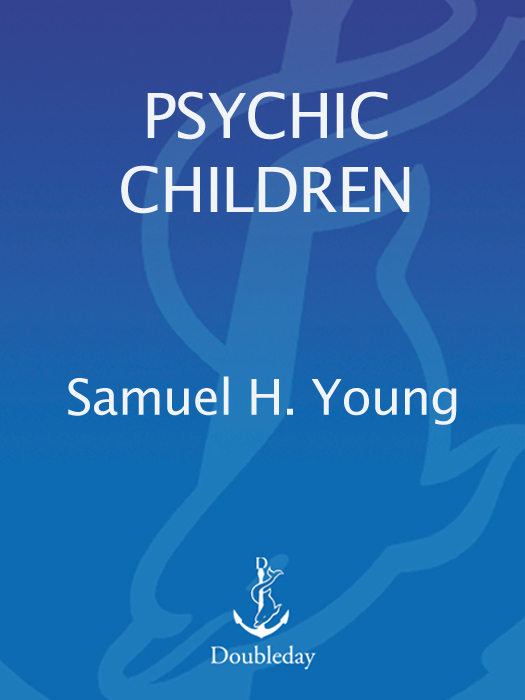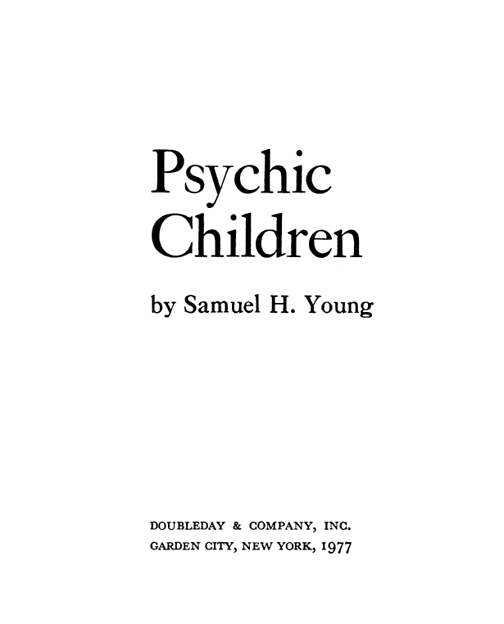ISBN: 0-385-07958-3
eBook ISBN: 978-0-8041-5218-1
Library of Congress Catalog Card Number 76-24216
Copyright 1977 by Samuel H. Young
All Rights Reserved
v3.1
To Sally for advice, patience, and encouragement
Contents
Preface
Nearly ten years ago a New York doctor told me of a curious encounter that proved to be the genesis of this book. Several weeks before, he said, a couple sought his advice about their eight-year-old daughter. It seemed the girl was seeing colors around people, a kind of fluid, multihued field which the child felt to be related in some way to peoples moods. For example, the girl and some schoolmates had been acting up in class one day while the teachers back was turned. Suddenly she noticed around the teachers head a buildup of red, in a shade the child associated with anger. Quickly she went back to her workjust in time, it turned out. The teacher whirled about, catching the others in the act.
Peoples colors sometimes showed her more than their moods, the girl told her parents. The people she liked had pretty and bright colors around them, at least by comparison to what she saw around those few persons she disliked or mistrusted.
The doctor, who shared my interest in ESP, or, more properly, told the parents that seeing such colors, or auras, was rare but by no means unheard of. They neednt think anything was wrong with the child, he said; in fact, it indicated a well-developed intuition which could prove very useful to her. He suggested they keep an open mind about the matter, listen attentively when the girl wanted to talk about her perceptions, but not make an issue of it. Perhaps the best approach, he said, would be to treat the ability as a modest asset, such as good co-ordination or an aptitude for a particular school subjectin short, as something that should be allowed to gradually integrate into her personality but not be stamped upon it.
The doctors story stuck in my mind, accompanied by thoughts of the parents extreme good fortune in being able to consult a doctor who was conversant in psi phenomena and who took a reasonable and rational approach to the subject. What were the odds that another family in a similar situation would receive such competent advice? What had happened in such instances in the past? Above all, what could be done to make available some necessary information and guidance concerning psychic perception in children?
Thus the idea for Psychic Children was born. It was nurtured over the next few years by my extensive research into the experiences of people who had been psychic as children, by consultations with leading parapsychologists, and by meeting some of the remarkable children I will presently discuss. As the research progressed, my own involvement in the subject grew from a journalists avocation to a full-time position with a research association deeply involved in the study of psi. What also grew was my conviction that psi is by no means confined to a few exceptional children, but permeates every childs experience.
, on psychokinesis, is followed by the account of Monica Lopez, whose remarkable healing abilities represent the use of PK to an almost miraculous degree. And so forth, through precognition and past-life memories to an exploration of fascinating other worlds encountered in countless childhoods.
Some anecdotes will inevitably challenge the credulity of many readers, as they did mine. Though I have not knowingly altered the facts (other than names) in any of the accounts which follow, and though I have been careful to quote only from sources I consider reliable, readers are encouraged to exercise their discernment. They are also asked to be tolerant of the religious milieus in which some of the events took place. Psi, I discovered, respects no cultural or conceptual boundaries. To follow it in its many guises requires a spontaneity that is impossible to maintain in the presence of narrow, sectarian attitudes.
The question may linger in some minds, why a book exclusively about the psychic experiences of children? Very simply, I feel that their need is the greatest. They stand to suffer the most damage from those who do not comprehend their particular sensitivity. They can also make the greatest gains through understanding and the proper encouragement. During my research one girl told me that she had learned to, in effect, turn her ESP on and off at will so that she was not too psychically vulnerable to disruptive personalities and situations. But as a child she was buffeted uncontrollably by these things. Its hard for most people to understand, she said. It was certainly hard for me to understand. But if only someone else nearby had known about it and I could have talked to them just once in a while, it would have been so different. Perhaps for many children in similar situations, Psychic Children will make such a difference.
I am indebted to many people for their help on this book. In addition to those mentioned in the text, there are numerous others whose replies to my questionnaires were invaluable. Special thanks for generous and timely assistance are owed to Laura Dale of the American Society for Psychical Research, Grazina Babusis of the Parapsychology Foundation, Isabelle Gaspar of the A.R.E. Library, and my colleagues in the Association for the Understanding of Man.
I use the term psi to denote all types of psychic phenomena, of which extrasensory perception (ESP) and psychokinesis (PK) are principal components.
CHAPTER ONE
ESP: The Common Denominator
One afternoon, a Bloomington, Indiana, woman named Carolyn Mattingly was talking with her sister while the latters two children played in the next room. The sister was expecting her third child and, perhaps inevitably, the conversation turned to selecting a name for the baby. As they talked, Carolyn remembered a list of names she had prepared several years before. She was about to mention the list, then stopped herself when she realized she had no idea where she had put it.
At that moment, her nephew stopped his playing and, without saying a word, went to a drawer in the kitchen, removed a piece of paper, and took it to his aunt. It was the list of names. Then, as if he had performed nothing more than some routine chore, the boy went back to his play.
The files of psychical research are filled with such cases. The only unusual element in this event is the likely presence, simultaneously, of both components of extrasensory perception (ESP): telepathy (communication between two or more beings by means independent of the normal senses) and clairvoyance (the extrasensory but nontelepathic perception of facts, objects, or events). The nephew evidently picked up telepathically his aunts thoughts about the list of names. But since Carolyn Mattingly had no conscious knowledge of where she had put the list, it is apparent that, at the same moment, the nephew employed clairvoyance to find it.
Telepathy is perhaps the most elementary form of psychic perception, one which, researchers are coming to believe, every human experiences to some degree. Some parapsychologists go so far as to call it the commonest type of communication and assert that it operates more consistently than either words or actions produced in the conscious state. At the very least, it is the most common type of psi reported in relationship to children, due primarily to the frequent involvements of adults as agents (senders) or percipients (receivers) in telepathic incidents with children.


